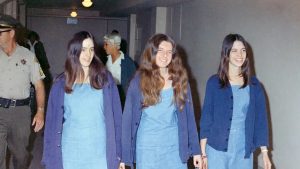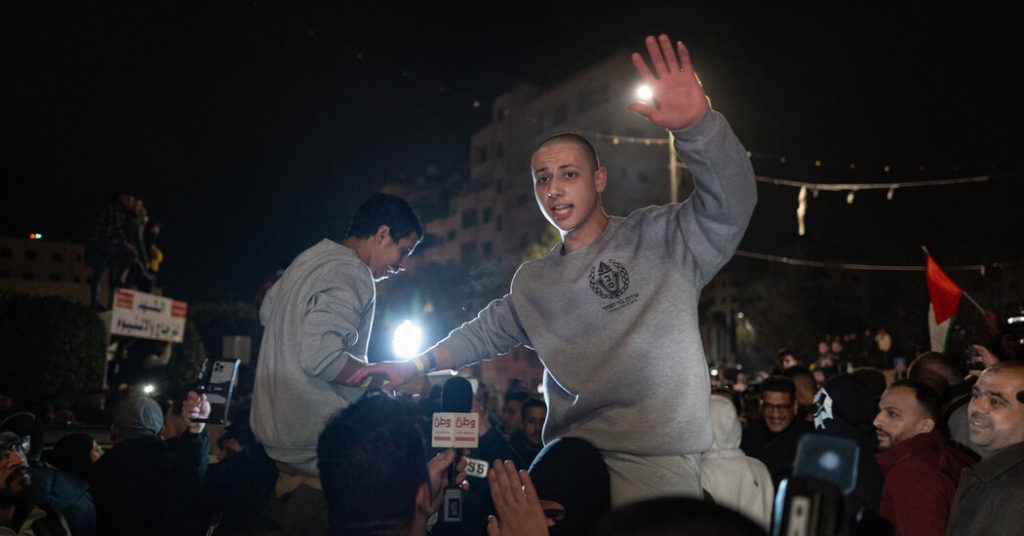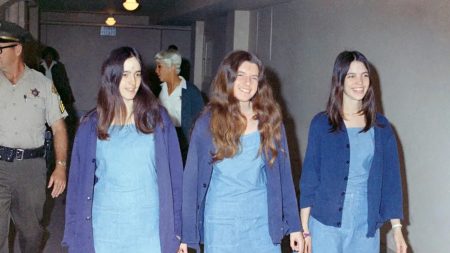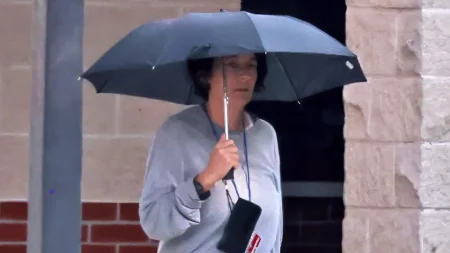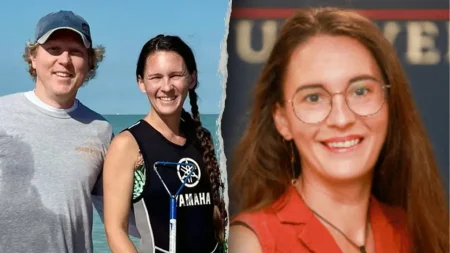Let me take you through an unfolding story of hope and reunion, set against a backdrop of conflict and heartbreak. It begins with the release of three women—Romi Gonen, Emily Damari, and Doron Steinbrecher—hostages freed as part of the first phase of a cease-fire agreement between Hamas and Israel.
A Cease-Fire Breathes Life into Despair
This small but significant milestone offers a glimmer of hope in a conflict that has seen devastating violence. On October 7, 2023, Hamas launched deadly attacks on Israel, leaving over 100 people abducted into Gaza—some deceased, others still living. As of now, about 33 hostages are scheduled for release during this initial six-week phase of the cease-fire. Prioritized in these efforts are women, children, men over 50, those injured, and the sick. Lieutenant Colonel Nadav Shoshani of the Israeli military has assured that "the vast majority” of those being released are alive.
On Sunday, the three freed women were handed over to the Red Cross in Gaza before being transferred into the care of Israeli forces. From there, they were reunited with their families, first at a military facility and later at Sheba Hospital in Israel. This moment has touched the hearts of many, as video clips of the emotional reunions began circulating online.
Families Reunited Amid Tears and Joy
In one of the most widely shared clips, Romi Gonen found herself surrounded by her family, their embraces peppered with tears of relief. Her sister Yarden, who had traveled tirelessly for the past year lobbying for Romi’s release, is seen jumping up in sheer joy as they hug. Similarly, Doron Steinbrecher’s homecoming featured heartbreaking embraces as loved ones clung to her in gratitude and disbelief.
The personal stories of these women put a human face on the larger geopolitical conflict. They remind us of the way each life touched by this war carries a ripple of pain and hope that stretches far beyond the individual.
The Saga of Romi Gonen
Romi was only 23 when she was taken hostage while attempting to escape the Nova music festival in southern Israel. As Hamas launched its assault, she was on a call with her mother, Meirav, who heard her say that she had been shot and was bleeding. That haunting last phone call was later shared with the Israeli media, deepening the public’s connection to her story.
Meirav described Romi as a strong, vibrant, and happy young woman with a love for music and raves. During the initial weeks of the war, Meirav voiced her concern that the Israeli military’s operations in Gaza might inadvertently harm her daughter and other hostages.
Meanwhile, Romi’s sister Yarden became her staunch advocate, attending vigils in Tel Aviv with other relatives of hostages. Their lives ground to a halt, consumed by the fight to keep their loved ones alive in the memory of the world. “None of us is doing anything remotely related to our previous lives,” Yarden shared during the long, harrowing wait for news.
When Romi finally came home on Sunday, the family’s collective relief was palpable. Her story resonates as one of endurance and the power of unrelenting familial love.
Emily Damari: A Dual Identity and Singular Fight
Like Romi, Emily Damari’s capture was a chilling tale. At 27, Emily was taken by militants from her home in Kibbutz Kfar Azza. Neighbors described seeing her own car, now driven by a Hamas member, heading toward Gaza with Emily inside. The daughter of a British mother and an Israeli father, Emily holds dual citizenship and embodies two worlds—a connection that intensified the international dimension of her plight.
Emily’s mother, Mandy Damari, emerged as her fiercest advocate, traversing between Israel and Britain in search of diplomatic resolutions. In both private meetings with officials and public appeals, Mandy urged the world not to forget her daughter and others still trapped. A soccer fan with what Mandy described as a “British sense of humor,” Emily’s personality brought color and warmth to what could easily feel like a cold statistic.
When Emily was reunited with her family, the scene was bittersweet. Her ordeal left physical scars—she had been shot in the hand, resulting in the loss of two fingers. Yet Mandy remained thankful, expressing her gratitude to “everyone who never stopped fighting for Emily.”
She also offered a poignant reminder: “For too many other families, the impossible wait continues.” Her words underscore the agony of those still yearning for such joyful reunions.
Doron Steinbrecher: A Voice from the Darkness
For Doron Steinbrecher, the moment of capture was a living nightmare. The 30-year-old veterinary nurse from Kibbutz Kfar Azza was home when militants stormed her property. In a frantic message sent to her parents, Doron described the attackers smashing her windows and shooting into her room. "They’ve arrived, they have me,” she said in an audio recording that is both chilling and heart-wrenching.
Doron’s captivity brought her face-to-face with the grim realities of Hamas’s underground tunnels. Videos released after her capture showed her and other hostages pleading for help, pale and visibly thin. Compounding her family’s anguish was the uncertainty of whether Doron received the daily medication she relies on—details of her medical condition remain private. Still, her mother, Simona, championed her daughter’s spirit. “She’s a strong woman,” she said, though admitting, “It’s terrible being there.”
When her release was finally secured, Doron’s family issued a statement expressing deep gratitude to the Israeli public and even former President Donald Trump for his support in this crisis. Their omission of other leaders raised eyebrows, but there’s no doubting their immense relief at seeing Doron home.
The Road Ahead: Healing and Advocacy
The freeing of Romi, Emily, and Doron is just the first stitch in a still-torn fabric of pain. Approximately 100 hostages remain in Gaza. This journey of liberation is far from over. Of the first 33 hostages slated for release, many more stories like these three remain untold. While their return has inspired celebrations, it also serves as a reminder of the heartbreaks still unresolved.
The reunions of families after such prolonged separations evoke an outpouring of mixed emotions—joy, relief, and the heavy burden of what comes next. Each survivor will need space and time to process the trauma endured. Their families, too, face the delicate challenge of providing support while healing from their own wounds.
International diplomacy, the role of military operations, and the human rights implications of hostage-taking in conflict zones remain subjects of intense debate. But what’s undeniable is the power of humanity, resilience, and love witnessed through these reunions.
Closing Thoughts
It’s impossible to ignore the broader context of this moment—the geopolitical tensions, the lives lost on both sides, and the sheer scale of destruction and despair. Yet, at the heart of today’s story is something beautifully simple: the return of three women to the embrace of their families.
In Romi, Emily, and Doron’s stories, we see human resilience shining through unspeakable darkness. Their reunions remind us of the bond between loved ones, a force unbroken even by the horrors of war. May this cease-fire lead to more stories of homecoming, and may we never lose sight of the individual lives tucked within the folds of global conflict.

